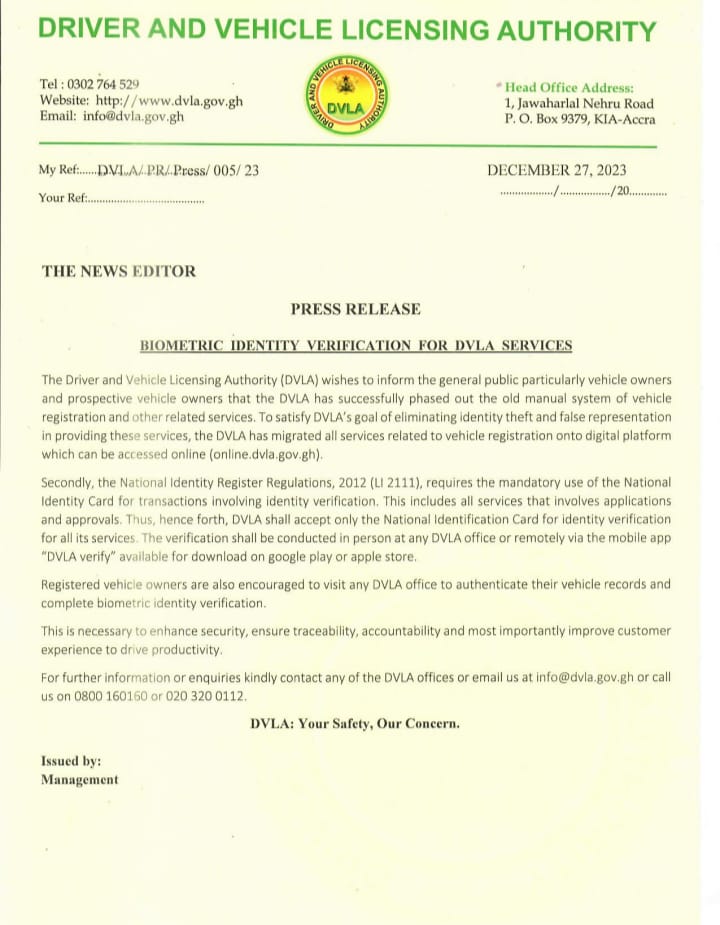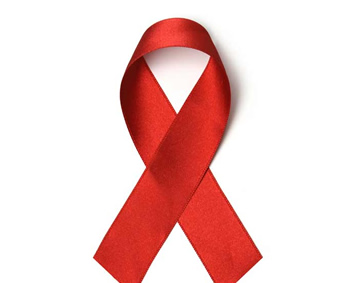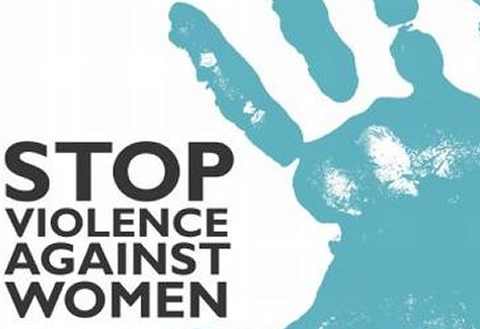
The key objective of the Old Mutual Financial Services Monitor is to understand the financial attitudes, perceptions, and behaviour of working Ghanaians in both the informal and formal sectors. In the face of the harsh economic recession, this study aims to provide consumer context and texture, delving into how consumers are responding to the financial indicators that you have seen.
What makes OMFSM unique is that its core objective is to support the business’ drive to improve financial wellbeing in Ghana as well as other key Africa countries. This is aligned twith Old Mutual’s overall purpose of becoming our customers’ first choice to sustain, grow, and protect their prosperity, throughout their lifetime.
The survey focuses its lens on a key cohort in society, namely employed Ghanaians, which account for about two-thirds of the Ghanaian population. In particular, we look at urban and peri-urban working Ghanaians aged 25 to 59 earning GHS1000 or more.
This time around, we further dive into the gender view, with particular focus on females (50% of the sample). We see that working Ghanian females are at a slight disadvantage economically, with 27% having post-secondary education (compared to 43% males) and half (51%) earning between 1,000 – 1,500 Cedi, compared to 36% males.
Now let’s walk through the key insights from a woman’s perspective:
Financial Stress
Given the recession’s impact on real income, we see that a significant portion of the female working population (close to two-thirds) is considerably financially stressed, which is the same as males. However, when digging deeper, we see that females exhibit slightly more overwhelming stress (26%) compared to males (22%).
Financial Priorities
Income security is identified as the top priority for females and males. As regards income, 41% of females share that they rely on a single source of income, while about 1 in 5 (20%) are PolyJobbers – side-hustling, freelancing, and doing after hours work in addition to their regular job. Through further encouraging and supporting entrepreneurship, we expect this percentage to grow.
Savings
Saving is very important to females, with 25% of their household spend allocation going toward savings. However, the focus is on short term savings, rather than longer term investing for the future. Saving for their children’s education, money to start a business / for an existing business, and medical expenses are the top savings goals amongst working Ghanaian females.
These are slightly different to men’s goals,which include their family’s future, medical expenses and home improvements. More females are saving informally than males as 35% have unbanked cash savings as compared to 26% of males.
About Retirement Savings
Although noted, retirement savings does not make it to the top set of working Ghanaians savings goals, ranking only 8th amongst both males and females. Only a third of females say they are actively saving for retirement (32% vs 41% of males) which correlates to the low confidence in the adequacy of their retirement savings (17%).
Males are slightly more confident in their retirement savings (20%), due to saving more. Potentially driving the lack of action to save for retirement is an attitude of dependency on children to provide support when they retire, which is much stronger amongst females.
Assets
Female ownership of key assets is much lower than maleownership:
This difference could be due to a lack of access to credit or a lack of affordability for working Ghanaian females. We see it play out in savings priorities, where a better home/home improvements is the 3rd savings goal for males, and the 7th for females.
Employee Benefits
More than half of Ghanaian female workers (58%) do not have products through their employer. Of those that have employee benefits, health insurance and retirement funds are the most prevalent employee benefits.
Less females (only 18%) have a retirement fund through their employer compared to males (22%). This could be a result of fewerfemales being full–time employed (38% vs 45% of males). Only a quarter of female workers reported receiving financial information from their employers’, compared to only 31% males, with most being indifferent on it being beneficial.
The Old Mutual Financial Services Monitor results reveal that while working female Ghanaians are resilient, positive, and persevering to make ends meet, they show a heavy reliance on informal channels of finances such as the ‘bank of family and friends’ for most of their borrowing.
We see that savings as a source of income is high and most of these savings are informal (cash savings and SUSUs). Looking for additional ways of sourcing income through polyjobbing, may help reduce the need to tap into savings for short–term needs. Their short-term focus flags the risk of a working population that will continue to struggle to manage their day-to-day livelihood due to their dependence on their savings used as an expense management vehicle.
The study highlights the need for financial education, in particular, money management and budgeting. There is a general need to upskill women in Ghana, and financial education can form a powerful part of this drive. At Old Mutual, we are committed to providing the needed and relevant financial education and offerings to propel you to greatness.
The more females are equipped to manage their day-to-day affairs, the less reliant they will be on their savings in the short–term, allowing for incremental growth to sustain them in the medium term and eventually the long-term.
As we celebrate International Women’s Day, financial services providers and employers, together let us endeavour to inspire, and ensure inclusion in policies, decision-making and product development to ensure financial freedom, and better lives for our women.
About Old Mutual Ghana
Old Mutual Ghana is one of Ghana’s leading financial institutions offering innovative Life insurance and Pensions solutions. Founded in South Africa, Old Mutual has been consistent in championing mutually positive futures by offering excellent financial services to a wide range of customers across the African continent.
The company established a branch in Ghana in 2013. It operates with a skilled knowledge of the Ghanaian market, backed by the expertise of an international brand. In Ghana, the company is currently made up of Old Mutual Life Assurance Company Limited and Old Mutual Pensions Trust, offering a diverse portfolio of financial solutions, including Savings plans, Group life benefits, Funeral plans, Travel insurance and Pensions schemes.
The post #IWD2024: Old Mutual Financial Services Monitor – a woman’s perspective appeared first on The Business & Financial Times.
Read Full Story






















Facebook
Twitter
Pinterest
Instagram
Google+
YouTube
LinkedIn
RSS